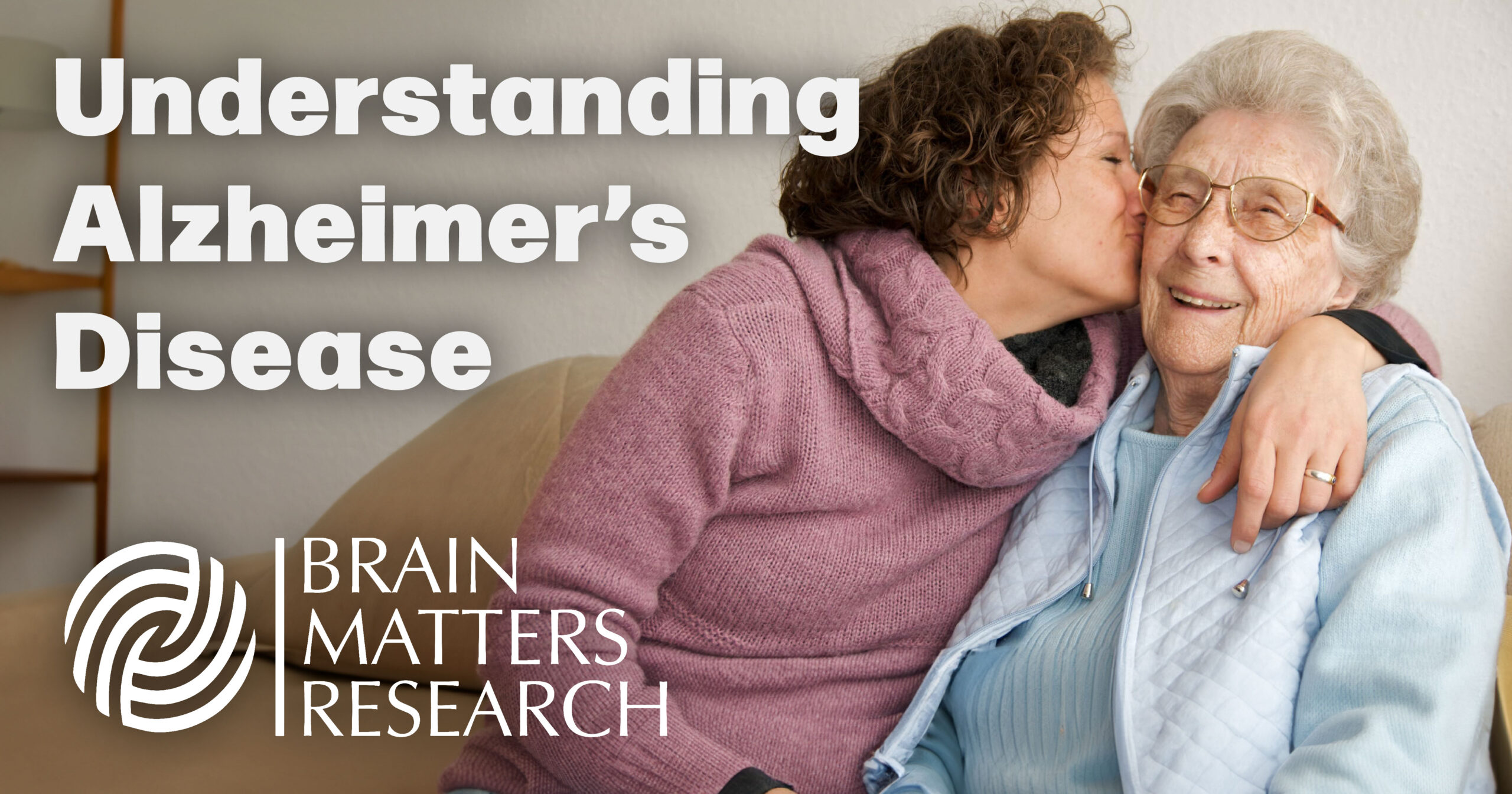Have you ever forgotten where you put your keys or blanked on a friend’s name? It happens to all of us from time to time. But for some people, these memory slips become more frequent and severe, and it’s not just a sign of getting older. It could be a symptom of a condition called Alzheimer’s disease.
What is Alzheimer’s Disease?
Alzheimer’s disease is a type of dementia, which is a group of brain disorders that affect memory, thinking, and behavior. Alzheimer’s is the most common form of dementia, and it mainly affects older adults, although it can also affect people in their 40s and 50s.
Memory Loss: A Key Symptom
One of the most noticeable symptoms of Alzheimer’s disease is memory loss. While occasional forgetfulness is normal, people with Alzheimer’s experience memory problems that are more than just a simple slip-up. They may forget recent events, repeat themselves, and have trouble recognizing familiar faces, including those of family members.
The Brain Behind It
To understand why Alzheimer’s causes memory loss, we need to take a look inside the brain. Our brains are made up of billions of nerve cells called neurons that communicate with each other. They do this by sending electrical signals and passing messages along connections called synapses.
In Alzheimer’s disease, something goes wrong with these connections. Abnormal proteins build up in the brain, forming clumps called plaques and twisted tangles. These plaques and tangles disrupt the communication between neurons, causing them to die. As a result, the brain shrinks over time, leading to memory loss and other cognitive problems.
No Cure, But Hopeful Research
Currently, there is no cure for Alzheimer’s disease, but researchers are working hard to find treatments that can slow down its progression or even prevent it. They’re exploring different ways to remove or reduce the harmful plaques and tangles in the brain.

Preventing Alzheimer’s
While there’s no surefire way to prevent Alzheimer’s, there are steps you can take to reduce your risk. These include staying mentally and physically active, eating a healthy diet, managing chronic health conditions like diabetes and high blood pressure, and staying socially engaged by spending time with friends and family.
In Conclusion
Alzheimer’s disease is a challenging condition that affects memory and so much more. While there’s no cure yet, scientists are making progress in understanding the disease, and there is hope for better treatments in the future. If you or someone you know is experiencing memory problems, it’s essential to seek help from a healthcare professional. The earlier Alzheimer’s is diagnosed, the better the chances of managing its symptoms and improving the quality of life.
To learn more about our FREE memory screening and upcoming studies for Alzheimer’s and other neurological disorders here at Brain Matters Research, call us today at (561) 374-8461 or visit our website.


